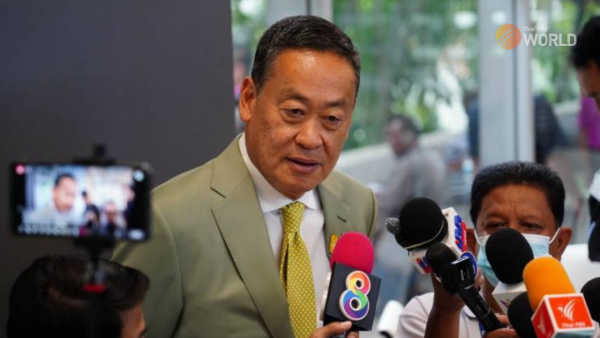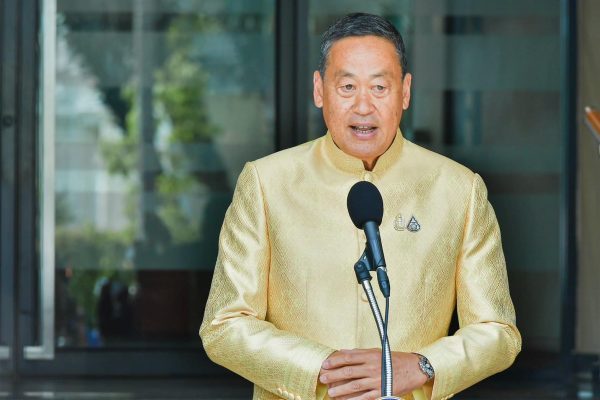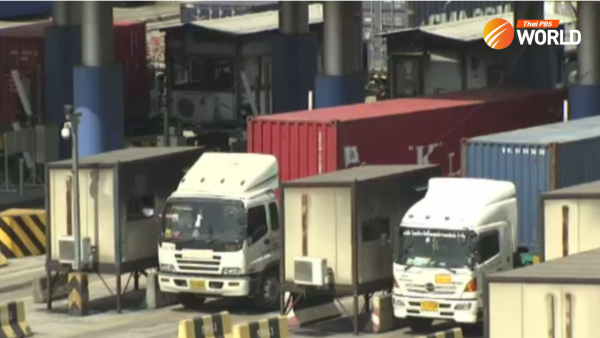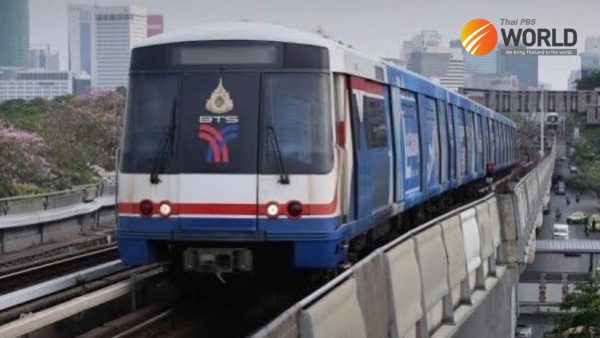Latest Thai stimulus injection expected to stem the bleeding, not boost economy

The government launched its latest stimulus package on June 1 in a bid to shore up the economy and aid those impacted by Thailand’s third wave of COVID-19. Worth Bt140.4 billion, the package covers 51 million people.
From July, all state-welfare cardholders will get a monthly Bt200 cash handout until the end of the year. This is the third handout scheme launched by the government since last year. The disabled and those who do not have a smartphone will also get monthly payments of Bt200.
The government also extended the co-payment subsidy scheme for a third time to help low-income people with daily shopping and travel expenses. The scheme offers a subsidy of up to Bt150 per day, capped at Bt3,000 per person.
Also on offer are e-vouchers to encourage the high-income group to go shopping. This handout is capped at Bt7,000 per person.
The Fiscal Policy Office estimates the measures will inject Bt594.4 billion into the economy, some of it from people’s own pockets.
Cabinet approves four schemes to stimulate the Thai economy in Q3 and Q4
The Thai cabinet approved four economic stimulus schemes today (Tuesday), aimed at easing the cost of living burden of about 51 million Thais and stimulating the COVID-beset economy for the rest of the year.
Slow jab rollout hitting economy
The Thai economic outlook is haunted by the slow vaccine rollout compared to developed economies, which are starting to grow at a higher rate. The Organisation for Economic Cooperation and Development (OECD) recently revised its global growth projection for this year to 5.8 percent, substantially higher than the 4.2 percent projected in December. The growth is being driven mainly by recovery in advanced economies, where the rate of vaccination is much higher.
In contrast, research houses in Thailand have revised their economic projections downward, with some forecasting growth rate of less than 2 percent this year.
Pipat Luengnaruemitchai, chief economist at Kiatnakin Phatra Securities, is skeptical that this newest relief package will stimulate economic activity.
“At best it will stop the economy from falling further, especially since the third wave of infections has been the most severe while relief packages have done little to ease the impact so far,” he said.
Kasikorn Research Centre predicts about 7% Thai export growth this year
Thailand’s exports this year are projected to increase by 7% year on year, thanks to the gradual economic recoveries in Europe and the US, following mass vaccinations to contain the spread of COVID-19, according to forecasts by the Kasikorn Research Centre (KRC).
Revised growth projections
Pipat expects the Thai economy to expand 1.5 to 2 percent after last year’s sharp contraction of 6.1 percent.
The various relief packages implemented since last year have been costly and offered only short-term support, he said. Many people are relying on state cash handouts just to survive, as they do not have enough to cover their basic necessities, he added.
The economy will only pick up once businesses can reopen and people can resume normal daily activities, and this largely depends on the mass vaccine rollout to achieve herd immunity, Pipat said.
To reach that target, at least 70 percent of Thailand’s 70-million population must be fully vaccinated.
He also warned that “lockdown fatigue” could lead to another surge in infections, with people returning to life as normal after two or three months of being cooped up.
Moreover, the on-again, off-again lockdowns are discouraging consumers from spending as they have little confidence in economic recovery, he said.
And while reopening the country is crucial to recovery, tourists will not come if they lack confidence in the government’s handling of the pandemic, he warned.
However, there are some positive signs. The first batch of locally manufactured AstraZeneca vaccines was delivered on June 2, raising hope that the company will honor its promise to deliver 61 million doses to Thailand this year.
Another positive is the growth in Thai exports over the past few months, driven by the global recovery. However, the manufacturing sector has been hit recently by infection clusters among workers.
“The export industry stands to lose if importers start worrying about contaminated food products from Thailand,” Pipat commented.
Bank of Thailand governor Sethaput Suthiwartnarueput has also expressed concern that the Thai economy will not return to its pre-pandemic level until early 2023 at the soonest, instead of the third or fourth quarter of 2022 as previously forecast.
By Thai PBS World’s Business Desk






